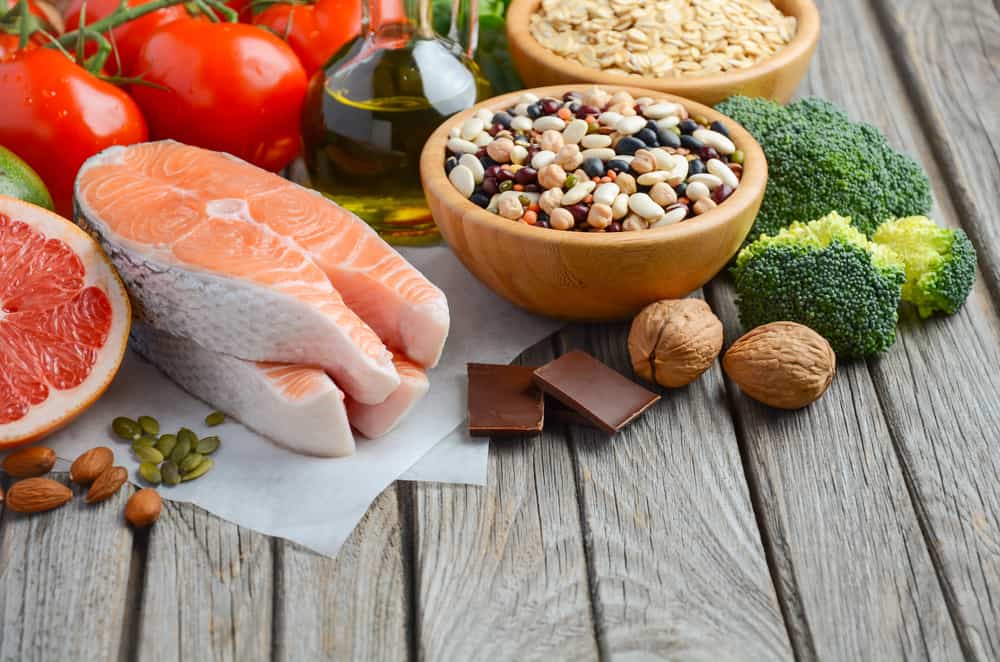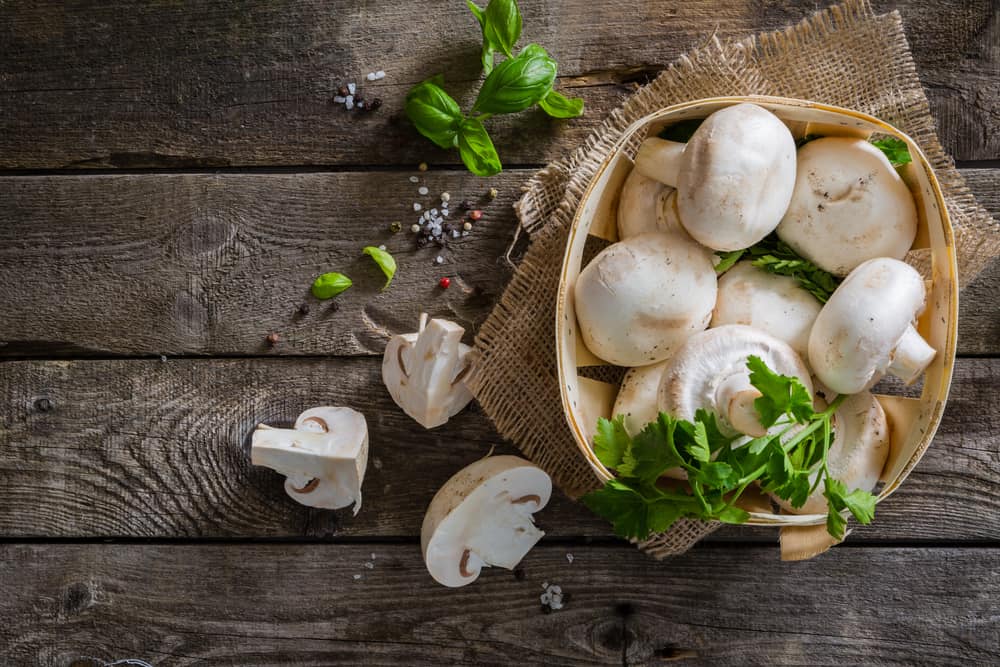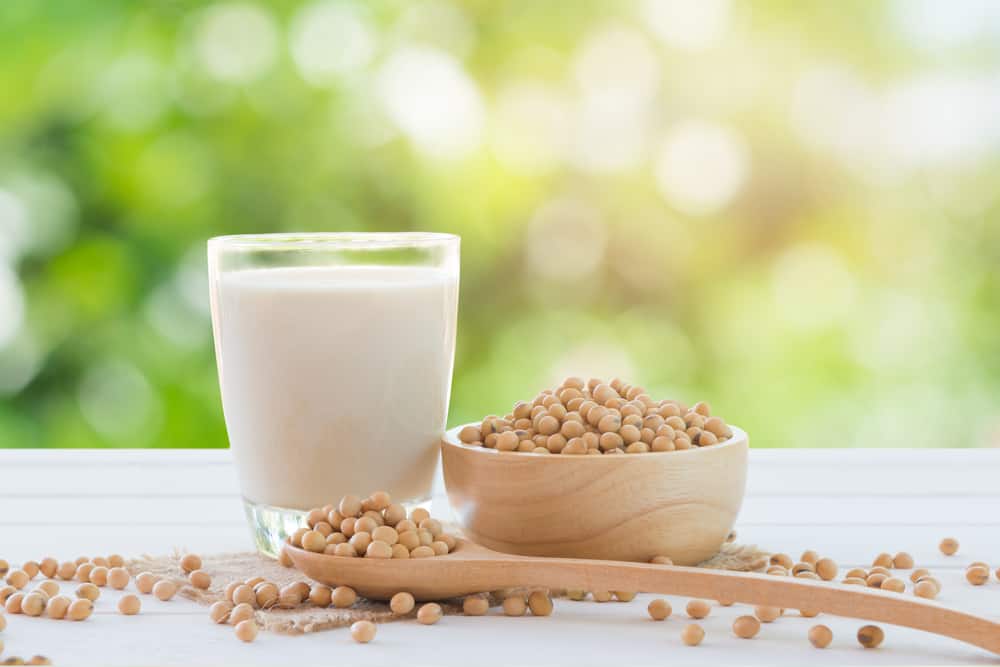Contents:
- Medical Video: What Happens When You Get Leprosy?
- Overview of leprosy
- Various nutrients for leprosy
- 1. Vitamin A
- 2. Vitamin E
- 3. Vitamin D
- 4. Zinc
- 5. Vitamin C
Medical Video: What Happens When You Get Leprosy?
In addition to taking medication regularly according to what the doctor has prescribed, people with leprosy must also pay attention to their nutritional intake. This is done to help speed up the healing of leprosy. So what are the nutritional needs for leprosy that must be fulfilled?
Overview of leprosy
Leprosy or also called leprosy and Morbus Hanses are chronic infectious skin infections caused by bacteria Mycobacterium leprae.
In Indonesia, leprosy is known as the most feared disease because it can cause disability. Even so, leprosy is actually classified as an easily treated disease. Provided the patient is responsive to the initial symptoms of leprosy, which is a skin color disorder characterized by similar white spots phlegm accompanied by a sensation of numbness in the area of infected skin.
Groups of people at high risk of leprosy are those who live in endemic areas with poor conditions, such as inadequate homes, no sources of clean water, poor nutrition (malnutrition), and the existence of certain conditions such as HIV which can weaken the immune system.
Various nutrients for leprosy
As mentioned above, people at high risk for leprosy are malnourished. Therefore, their immunity is so low that they are easily contracted by disease.
Therefore, it is important for people who have leprosy to pay attention to their nutritional intake. This is done to help the healing process of leprosy, in addition to the consumption of prescription drugs. Here are a variety of nutrients that can increase endurance so that it helps fight leprosy.
1. Vitamin A
Besides being good for eye health, vitamin A also plays an important role as an immune system supporter and helps repair damaged skin. Well, because of that, people who have leprosy need vitamin A intake to help speed up the healing process of the disease.
Vitamin A is one type of fat-soluble vitamin that is found in meat, liver, dairy products and eggs, fruit, and vegetables (such as carrots and sweet potatoes).
2. Vitamin E
Vitamin E is also important for the immune system. Especially when the body gets attacks from chronic diseases due to viruses and disorders caused by oxidative stress. Not only that, vitamin E is also good for maintaining the health of the skin and eyes of people who have leprosy thanks to its antioxidant content which can counteract cell damage due to free radicals. Raw nuts and seeds, such as cucumbers, almonds and peanuts are good sources of vitamin E.
3. Vitamin D
Quoted from various sources, it is known that people who have leprosy tend to vitamin D deficiency. As a result, they are more susceptible to infection.
Your body will produce vitamin D automatically when exposed to sunlight. Well, vitamin D can help reduce inflammation and irritation on the skin experienced by leprosy patients.
Aside from exposure to direct sunlight, vitamin D can also be obtained from salmon, sardines, mackerel, eggs, cereals, and vitamin D enriched milk powder.
4. Zinc
Zinc is a mineral that is only needed by the body. Even so, this mineral plays an important role in increasing the body's defense against disease and accelerating wound healing.
Well, because of the various benefits that make zinc become one of the nutritional intake for leprosy that must be fulfilled. Zinc can be obtained from red meat, whole wheat bread and cereals, dried beans, and seafood.
5. Vitamin C
Vitamin C is rich in antioxidants which function to ward off all kinds of free radicals in the body. Because of its function, vitamin C can help protect the body from infections, prevent more severe cell damage, and help produce collagen which functions to attach bone to the muscles of lepers. Vitamin C can be found in citrus fruits, mangoes, papaya, strawberries, and vegetables such as tomatoes, broccoli, and potatoes.












